$1,2m invested for Hwange water and sanitation projects
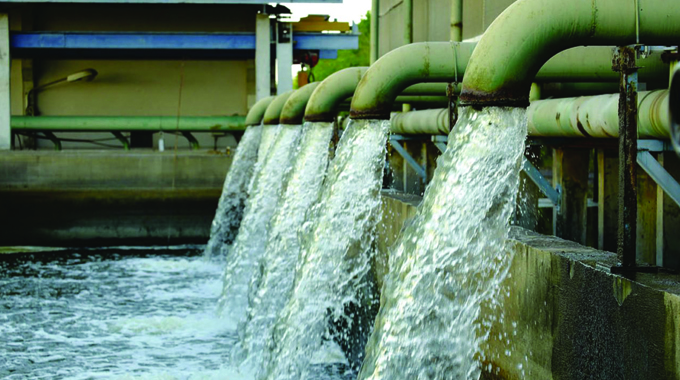
Leonard Ncube in Victoria Falls
WORLD Vision Zimbabwe has invested more than US$1,2 million on water and sanitation projects in Hwange district for construction of dams and weirs and drilling solar powered boreholes.
The non-governmental organisation has constructed six dams, one in Chief Wange area, two in Chief Shana area, and one each in Kenokwe, Nabushome and Tondeka.
More than 30 solar powered boreholes have been installed in villages around the district where irrigation schemes and community gardens have been set up to provide food security and resilience for the community.
Hwange is a drought prone region five district and effects of climate change make rainfed farming unproductive.
Access to clean water and sanitation is one of the goals under National Development Strategy (NDS1) and World Vision has chipped in to partner Government in clean water provision and sanitation, sustainable agriculture through irrigation and nutritional gardens as well as job creation.
This also complements Government’s efforts to drill up to 35 000 boreholes so that each of the country’s 35 000 villages has a solar powered borehole by 2025 to anchor the Presidential Rural Horticulture Transformation Plan, in an effort to mitigate water challenges and help transform livelihoods through horticulture especially in rural communities.
Lands, Agriculture, Fisheries, Water and Rural Resettlement Minister Dr Anxious Masuka is on record saying about 60 percent of the boreholes are set to be completed this year.
World Vision has installed solar powered boreholes in Mashala, Chachachunda 1 and 2, Zwabo Makuyu, Kalisine, Dinde, Nengasha, Mweemba, Kasase, Makwa, Sidinda, Lumbora, Ndoweni, Makala, Lukunguni, Change, Shangano, Chilanga and other areas and villagers are enjoying access to clean water, reduced distance to water sources for domestic use and livestock, as well as improved nutrition and sources of income from gardening projects.
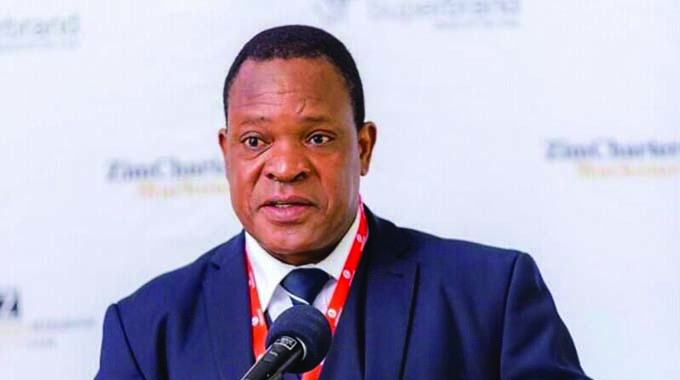
Minister of Lands, Agriculture, Fisheries, Water and Rural Resettlement, Dr Anxious Masuka
The projects have improved livelihoods through provision of water for various uses including supplying schools, dip tanks, clinics and livestock bringing relief to some communities that have been affected by the pollution of Deka River by mining activities upstream
However, in Mashala some villagers have been struggling to access water after the breakdown of the borehole last year and villagers are sharing unsafe water from a nearby stream with domestic and wild animals.
World Vision Zimbabwe Wash technical advisor Mr Morris Chidavaenzi said to date, World Vision in partnership with the Government and Hwange Rural District Council has established more than 30 solar powered piped water schemes in the communities.
“World Vision has invested more than US$900 000 in community water supply and garden schemes in Hwange Area Programme thereby benefiting more than 1 200 households.
“World Vision and its partners have also invested in the establishment of dams and weir dams. Two major dams with irrigation schemes were established in Kasibo and Mutwe at a total cost of more than US$200 000 benefiting over 160 households, and four weir dams that harvest water for livestock watering at a total cost of more than US$40 000,” said Mr Chidavaenzi.
He said each community garden serves about 40 households on average providing water and producing food throughout the year.

At least four new dip tanks have been constructed at a total cost of US$100 000 and all have solar powered water supply.
Mr Chidavaenzi said World Vision Zimbabwe has made significant investment in improving water supply to rural Hwange communities to mitigate drought.
Each community has a committee to manage the infrastructure, guard against vandalism and carry out maintenance.
Mr Chidavaenzi said challenges faced by villagers in Mashala were a result of lack of maintenance of the borehole system since establishment of the scheme six years ago.
A solar inveter developed some faults last year. The community has been failing to raise US$500 needed to replace the inveter.
Mr Chidavaenzi encouraged committeess to create a revolving fund for maintenance purposes.
“Communities that benefited from the more than US$1,24 million investment are encouraged to take responsibility in the management of their water supply systems and to routinely collect user fees in preparation for incidental repairs and replacement so as to avoid a scenario such as at Mashala Top Community Garden that now needs external support to restore functionality,” he said
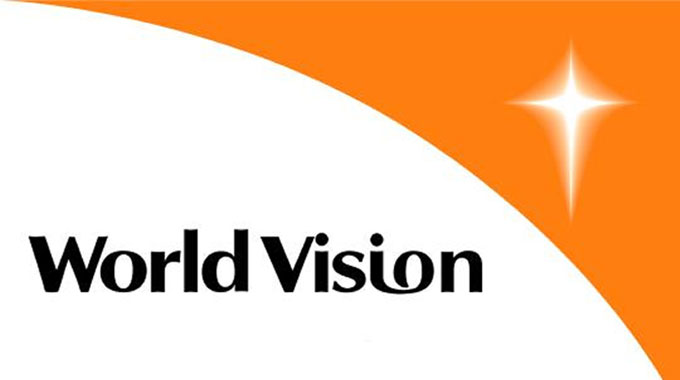
Mashala Top village head Mrs Elinat Tshuma said women and girls are the worst affected as they walk long distance in search of water risking being attacked by wild animals like elephants.
Butindi village head Mr Akimu Bernard Shoko said the situation is a health time bomb as people are sharing unsafe water from a stream with all kinds of domestic and wild animals.
“We have no water and the garden is now a white elephant. The stream that we have been relying on is drying up now and there is conflict over water.
“We wish they could put back the old bush pump because this solar system is not working,” said Mr Shoko.
— @ncubeleon


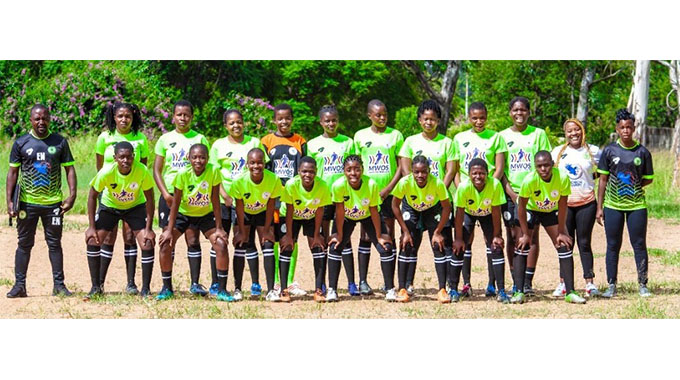

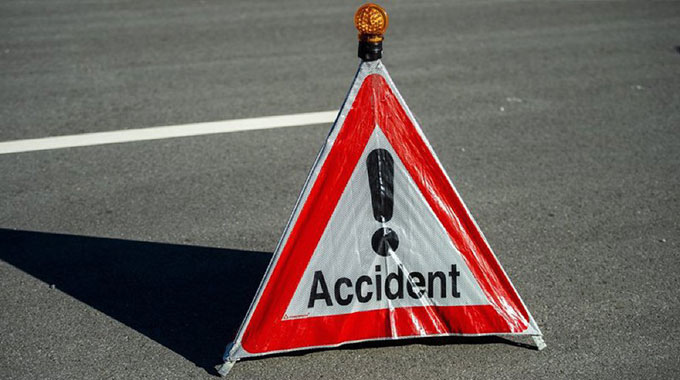
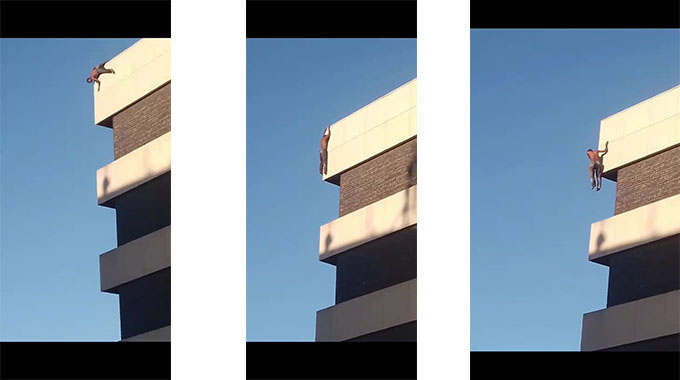





Comments